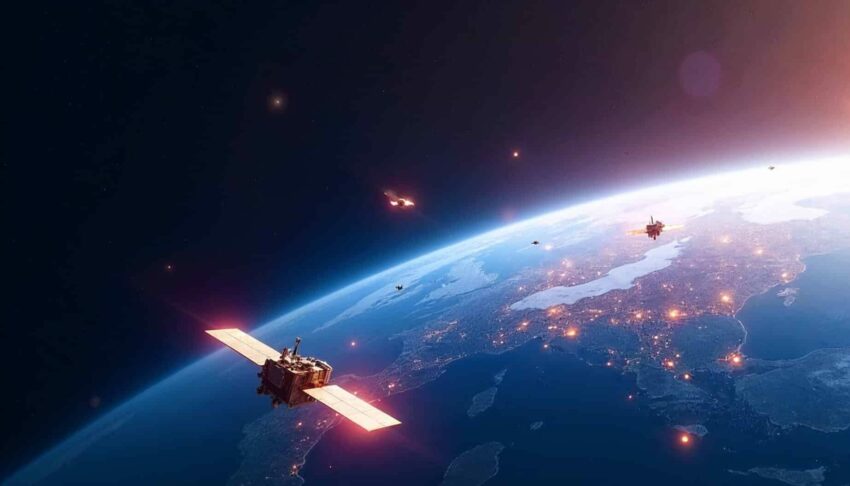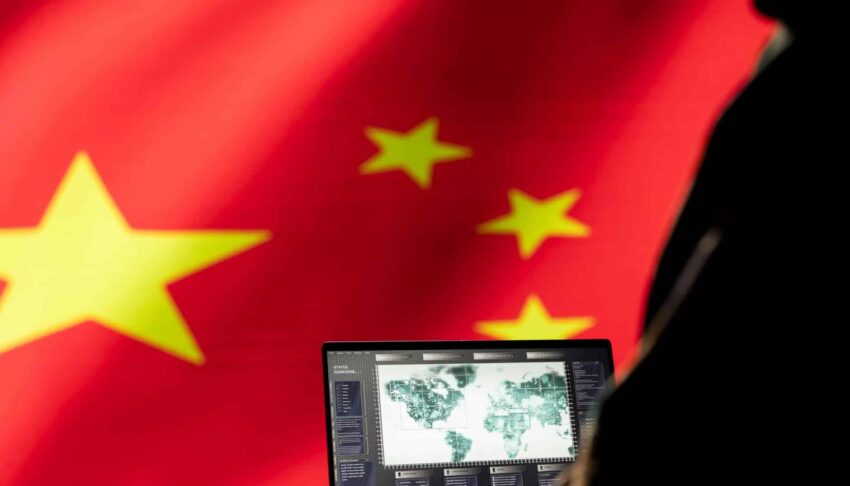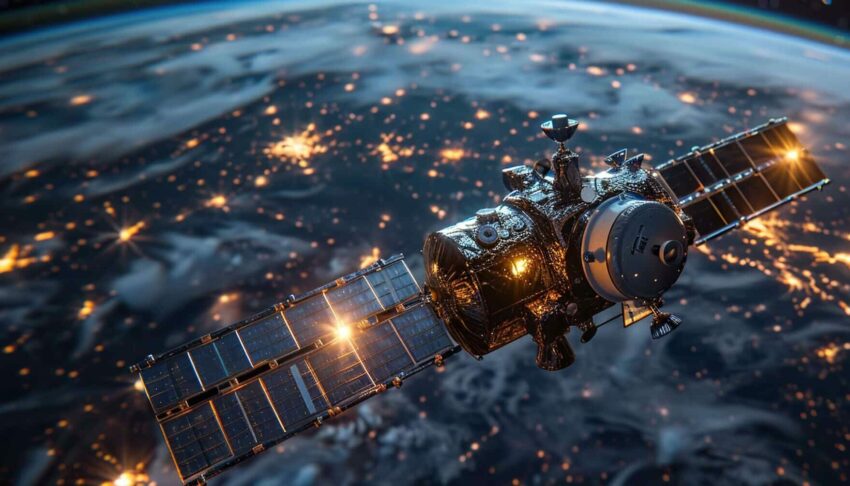- Planet
- Energy
- Health and biotech
- Digital
- Space
- Economics
- Industry
- Science and technology
- Society
- Geopolitics
- Neuroscience
- Videos
- Magazine

With Jürgen Knödlseder, CNRS Research Director in Astronomy and Astrophysics, Loïs Miraux, Engineer and Researcher at Institut d’économie de l’énergie (CEA)
With Daniel Lincot, Emeritus CNRS Research Director at IPVF, Loris Ibarrart, Specialist in onboard energy at CNES
With Fiona Wood, Science, Technology and Innovation Policy Strategy Analyst, Mostafa Hassanalian, Associate Professor in the Department of Mechanical Engineering at New Mexico Tech
The space sector could see its economy reach £1.8 billion by 2035.
 Geopolitics
Space
Geopolitics
Space
With Isabelle Sourbès-Verger, Geographer and CNRS Research Director
China is making progress in its space investments and turning to the use of lunar resources for its missions.
 Space
Planet
Space
Planet
With Étienne Berthier, Glaciologist at CNRS, Fabien Maussion, Associate Professor at Bristol Glaciology Centre at University of Bristol
Mapped using satellite data, regular monitoring of glaciers reveals that their melting has accelerated in recent years.


With Xiang Zhang, CNRS Researcher at Laboratoire d'études spatiales et d'instrumentation en astrophysique, Philippe Zarka, CNRS Research Director at Laboratoire d'instrumentation et de recherche en astrophysique
With William Parker, Graduate Researcher at Massachusetts Institute of Technology
Increased greenhouse gas (GHG) emissions will make it increasingly difficult to maintain satellite operations in low Earth orbit.
 Space
Geopolitics
Space
Geopolitics
With Lionel Suchet, Chairman and Chief Executive Officer of CNES
Faced with increased international competition, Europe is seeking to (re)gain its autonomy and competitiveness in the space sector.
